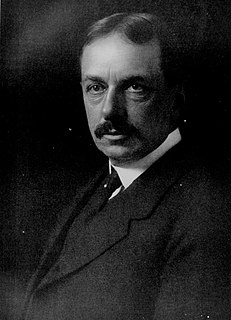A Quote by Stephen Hawking
Galileo, perhaps more than any other single person, was responsible for the birth of modern science.
Quote Topics
Related Quotes
Humanity has made a great error in seizing on a certain moment, no more intrinsically notable than any other moment and has called it Birth. The habit of honoring one single instant of the universal process to the disadvantage of other instants has done more, perhaps, than anything to obfuscate the crystal clearness of the fundamental flux.
Lest we forget, the birth of modern physics and cosmology was achieved by Galileo, Kepler and Newton breaking free not from the close confining prison of faith (all three were believing Christians, of one sort or another) but from the enormous burden of the millennial authority of Aristotelian science. The scientific revolution of the sixteenth and seventeenth centuries was not a revival of Hellenistic science but its final defeat.
We don't know how large a proportion of the significant evidence about the universe is excluded by science. Perhaps hardly any. Perhaps so great a proportion that any body of knowledge which excludes it is hardly more than a caricature. Perhaps something in between - so that science finds truth but not the whole truth.
The necessary precondition for the birth of science as we know it is, it would seem, the diffusion through society of the belief that the universe is both rational and contingent. Such a belief is the presupposition of modern science and cannot by any conceivable argument be a product of science. One has to ask: Upon what is this belief founded?
We may not always recognize it, but government plays a bigger role in our lives than any other single person or institution. We spend nearly half of our lives working to pay for it. Children spend more time in government schools than they do with their parents. Birth, death, marriage, every area of our lives feels the influence of government.
The person in peak-experiences feels himself, more than other times, to be the responsible, active, creating center of his activities and of his perceptions. He feels more like a prime-mover, more self-determined (rather than caused, determined, helpless, dependent, passive, weak, bossed). He feels himself to be his own boss, fully responsible, fully volitional, with more "free-will" than at other times, master of his fate, an agent.




































